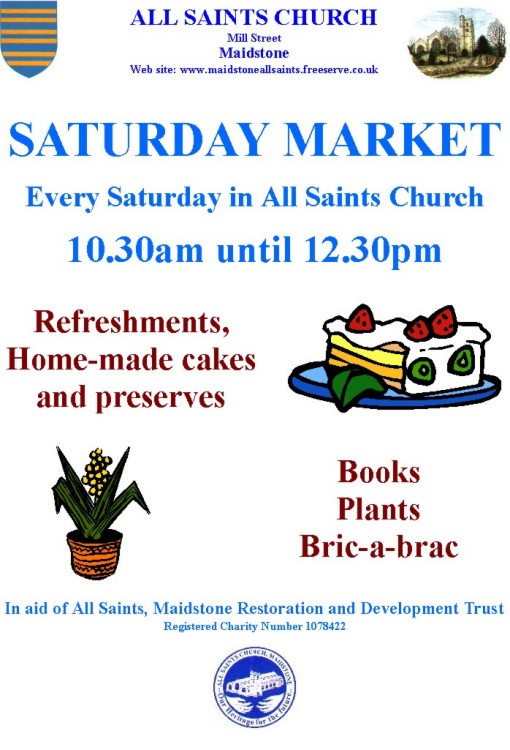Waiting
for Jesus with Jane Williams in
In
the middle of November I went to the English Convent in
First,
we looked at Christian Hope, our hope being based on what
God has done in Christ. We particularly looked at chapter
8 of the letter to the Romans which spells out the ground
of our hope: God does not condemn, he sends the Holy
Spirit to help us, his hope is for all of creation, he
gives us his assurance for the future not that we will
avoid the cross but that everything will work for God's
glorious purposes. Next we looked on our own at the
penitence we need to be able to welcome more fully the
coming of Christ. What is it that separates us from God?
What do we put in the place of God in our own lives?
Who
is this Jesus who is coming? We looked at what 1
Corinthians 15.3-8, Acts 22. 22 - 36, John 1. 1 - 18 and
Philippians 2. 5 - 11 asking what these passages said
about Jesus: his risen presence with us according to the
scriptures, successor and inheritor of David, referring
to the same God, but being more than David; like God but
not claiming equality with God, always pointing not to
himself but to God, sharing the human lot; Jesus is life
and light making God known, giving us truth and grace
even though rejected by many. While Jesus is central to
our faith there is no one way of describing his
relationship with God.
The
pressures of mission and of wrong teaching give rise to
attempts at more precise definitions of Jesus. These
often result in heresies, in wrong teaching which either
suggests Jesus is God in disguise or Jesus is nothing
more than a good man. The balance, the both/and is held
by the
We
then pondered death, hell and judgement. Sin is putting
what is not God in the place of God. It is important our
understandings of God are drawn from the biblical witness
to God: his leading of Abraham. what God does in
creation, in the Exodous, in Jesus and so on and not from
philosophical or secular ideas. The remedy for sin is
grace. There are three sorts of grace. Prevenient grace
turns us to Jesus; accompanying grace helps is decide
what to do, persevering grace helps us go on and do what
we have decided we are to do. Some of the better
portrays of God's attitude to our sin and to judgement
are found in the writings of C.S. Lewis particularly in
the Great Divorce and in the Narnia Stories, particularly
at the end of the Last Battle. One of the crucial matters
changed by Jesus coming is our understanding of death
which, as it not the end is not to be feared or avoided.
Finally
we looked at justification by faith and its implications.
How true freedom comes from us dwelling in God and he
dwelling in us. We are his children; every other person
is a child of God, this helps us behave differently
towards each other; we are all potentially justified
sinners. We receive not earn God's grace. It is from this
that we are filled with true gratitude that takes a
lifetime to learn that leads to us acting well. Being in
Christ is a corporate matter; we cannot be in Christ
alone. We may never finally separate ourselves from
anyone else. It is together we work for a world better
for everyone and not for a few. A key part of our mission
is to include those made outcast. The great heresy of the
English church is that we can make ourselves good; it is
only relying on God's grace that we grow in freedom into
the people God will have us be who can assist others into
God.
So
there were very great challenges all enriched by the
wonderful town of Bruges, the English Convent with his
history of faithfulness through good and difficult times,
the Beguineage where holy people lived simple and holy
lives, now both a Benedictine Convent and sheltered
housing; the Church of Our Lady with is fine
Michelangelo sculpture of Mary and the child Jesus, the
canals, river with their swans and its beautiful
buildings and sculpture in every street and square.
Christopher Morgan - Jones.
